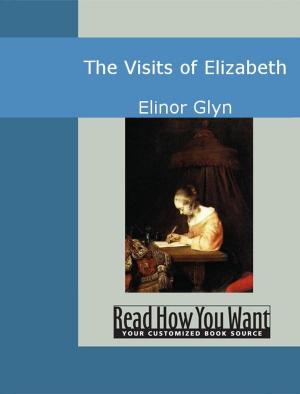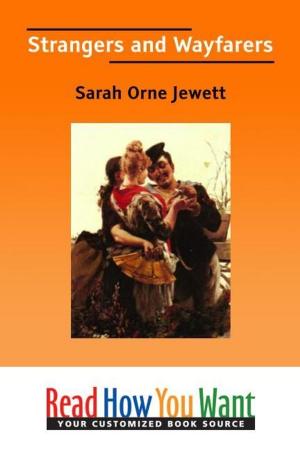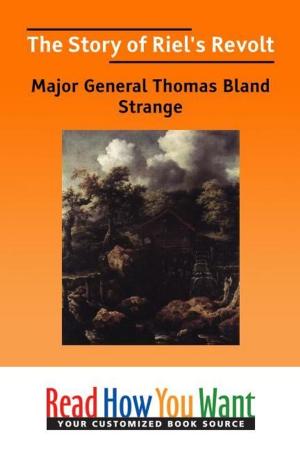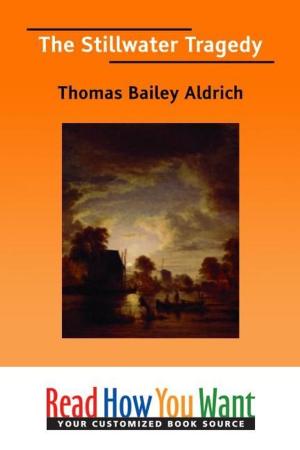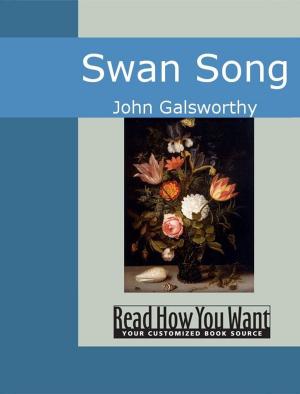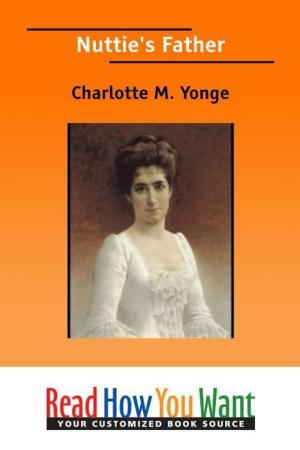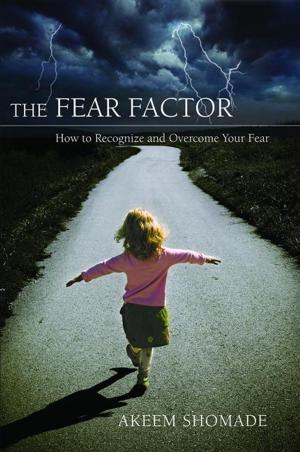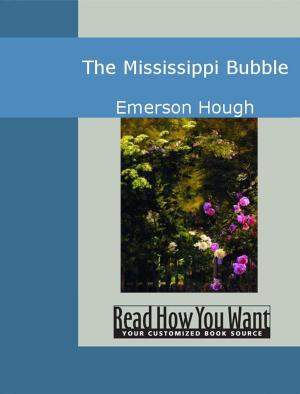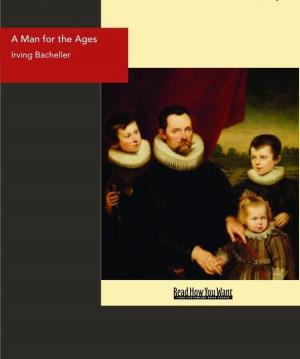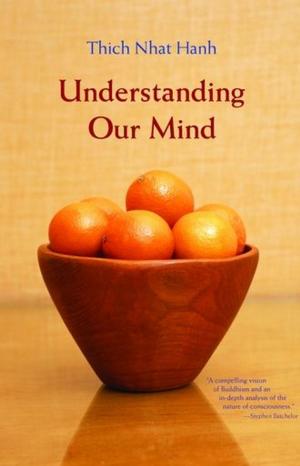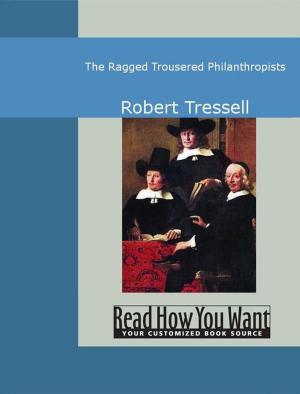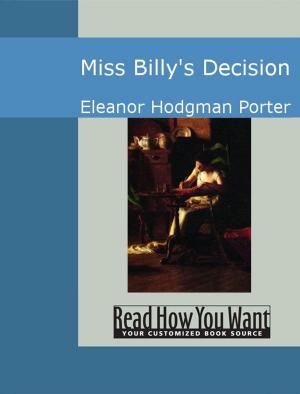| Author: | Yvonne Fein | ISBN: | 9781458710840 |
| Publisher: | ReadHowYouWant | Publication: | October 5, 2009 |
| Imprint: | ReadHowYouWant | Language: | English |
| Author: | Yvonne Fein |
| ISBN: | 9781458710840 |
| Publisher: | ReadHowYouWant |
| Publication: | October 5, 2009 |
| Imprint: | ReadHowYouWant |
| Language: | English |
''It's time someone taught you how to kneel. I want you in your totality. Not part of you or some of you but all of you as you want the Holy Fire, so I want you. And I will have you, because I know how deeply you desire the fire to be within you. You have always ached to burn from the inside. I can show you how.'' The Torn Messiah tells of a charismatic New York rabbi arriving in staid, conservative Melbourne with a singing voice that ''makes angels weep,'' a mesmerising personality and the mystical teachings of Kabbalah. Youth flock to him, the brightest and the best, wanting to learn his radical take on morality and spirituality. Freddie Rose, a thirty-something woman of independent means, is drawn into this maelstrom. Older, but not necessarily wiser than the students who cluster around him, she is both beguiled and repelled by the rabbi. How can he possibly have not one but three women in his thrall? Where does the responsibility lie for the recent deaths in the community? Why did he flee New York in the first place? The narrative explores the cult of personality, the causes and effects of spiritual hunger and tries to identify the fine line separating good and evil. Must Freddie betray the rabbi who has helped her emerge from her own darkness, or does all the palpable good he has done outweigh his sins? Her journey forces her to confront these conundrums and, in the most unlikely circumstances, find the possibility of love.
''It's time someone taught you how to kneel. I want you in your totality. Not part of you or some of you but all of you as you want the Holy Fire, so I want you. And I will have you, because I know how deeply you desire the fire to be within you. You have always ached to burn from the inside. I can show you how.'' The Torn Messiah tells of a charismatic New York rabbi arriving in staid, conservative Melbourne with a singing voice that ''makes angels weep,'' a mesmerising personality and the mystical teachings of Kabbalah. Youth flock to him, the brightest and the best, wanting to learn his radical take on morality and spirituality. Freddie Rose, a thirty-something woman of independent means, is drawn into this maelstrom. Older, but not necessarily wiser than the students who cluster around him, she is both beguiled and repelled by the rabbi. How can he possibly have not one but three women in his thrall? Where does the responsibility lie for the recent deaths in the community? Why did he flee New York in the first place? The narrative explores the cult of personality, the causes and effects of spiritual hunger and tries to identify the fine line separating good and evil. Must Freddie betray the rabbi who has helped her emerge from her own darkness, or does all the palpable good he has done outweigh his sins? Her journey forces her to confront these conundrums and, in the most unlikely circumstances, find the possibility of love.

